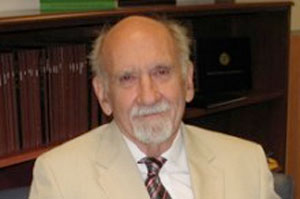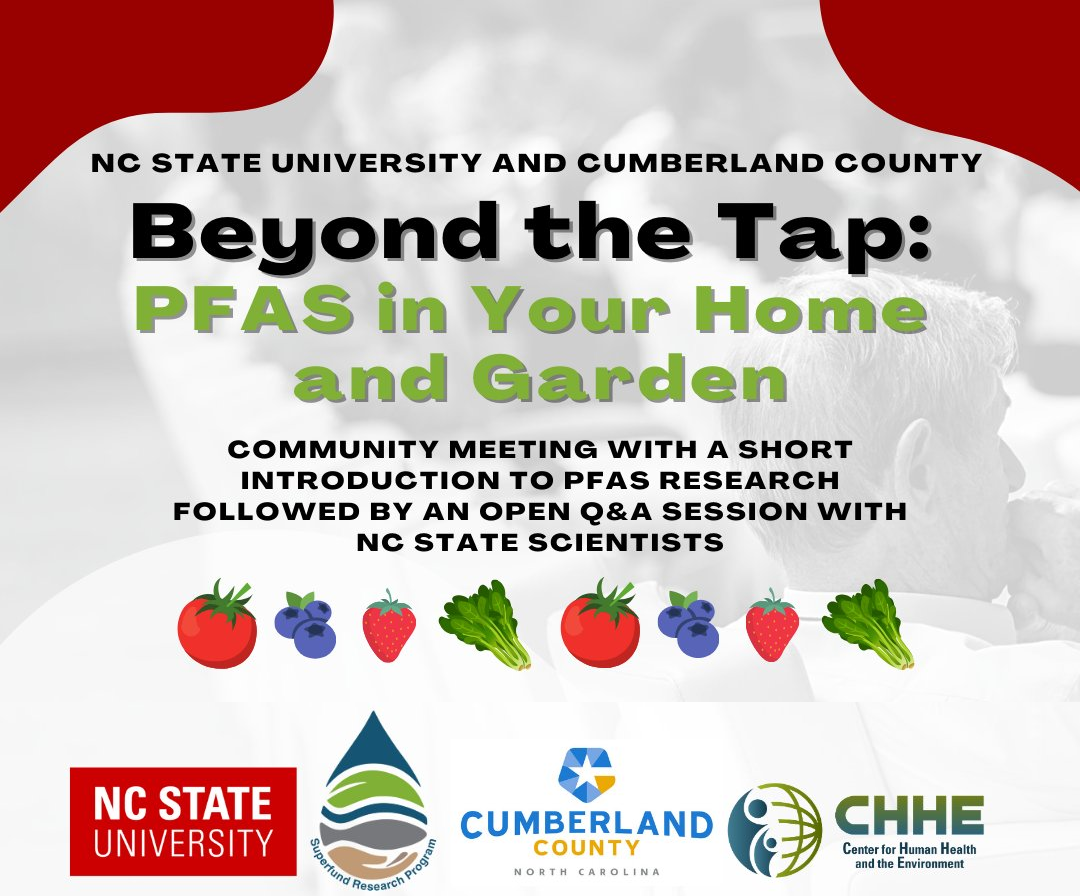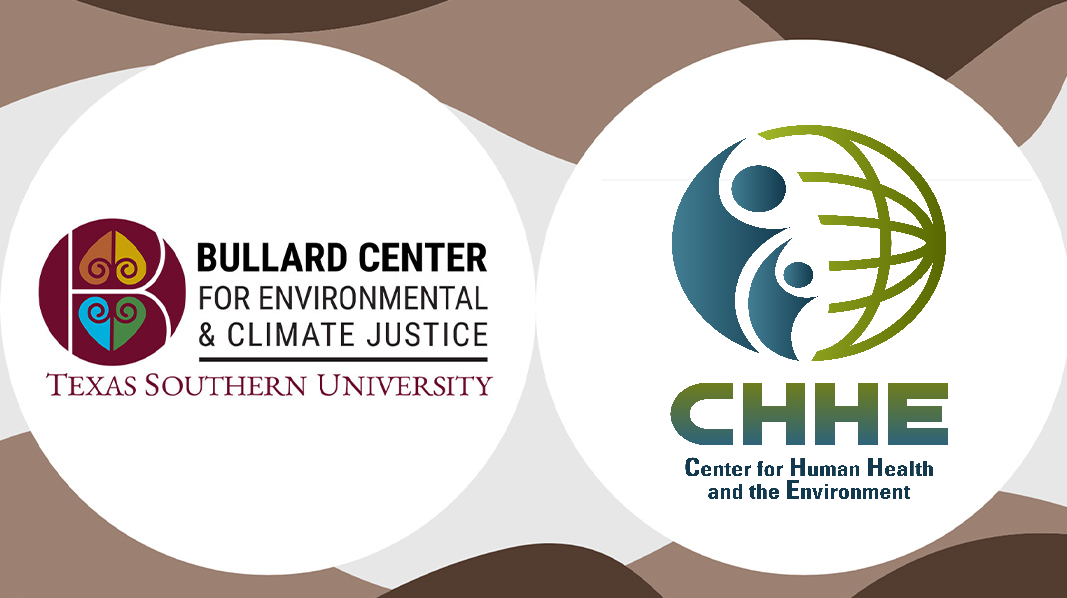CHHE Researcher Spotlight: Ernest Hodgson

What is your general field of study?
I received my PhD in comparative biochemistry in 1959, and went on to do a post-doc that ultimately turned my interests to toxicology. In those days there were few studies on the effect of metabolism and chemistry on environmental agricultural chemicals (think insecticides and pesticides), so that is what really got me into toxicology.
If you had twenty seconds with me on an elevator, how would you explain your research?
The work I’m doing will improve how we determine the risk from environmental chemicals to our health. For many years the research was done on animals like rats and mice, and then extrapolated to humans, but that’s not always accurate. After several decades of that, I woke up one morning and realized that we are not rats or mice, and I needed to work on people. That led to studies of human metabolism using liver cells, which eventually should make it safer to live in an age of chemicals.
How does your research advancing human and/or environmental health?
I think my research has helped in two ways:
Risk assessments were always generated using those experimental animals, and that was not very helpful. So I tried to get closer to human studies so we can generate more accurate risk assessments.
Humans are the most variable model organism because they are so outbred. So I have done a lot of work researching human variation, and how variation affects response to toxic chemicals.
Why did you pursue research in toxicology?
For me, Toxicology was an ideal way of combining the whole spectrum of output from basic research all the way to community outreach (to both the public and other professionals). The application potential of toxicology is one of the reasons I was one of the founders the agro-medicine program, and I am still involved in that organization. https://appliedecology.cals.ncsu.edu/programs-and-centers/agromedicine/foundation-for-agromedicine-and-toxicology/
What is your favorite aspect of your research? Least favorite?
Favorite: As an academic, you can do what you want, and it’s not that way in other career fields
Least Favorite: You have to find a way to pay for your research…But ultimately, if you can convince the people with money that what you want to study is worth funding, then it just brings it all together.
What your greatest scientific achievement?
Initially I would have said successfully demonstrating the mechanism of action for commercial synergists (i.e. chemicals that are added to pesticides to enhance their potency). These chemicals can bind to a critical detox enzyme called cytochrome P450 and thus prevent the enzyme from metabolizing and removing toxic chemicals. So that’s why those chemicals are sometimes called ‘suicide inhibitors’ because they can complex with essential enzymes and inhibit proper detoxification.
Now, however, I think my greatest achievement was to try and bring humans metabolic studies into risk assessment.
What do you consider to be the biggest challenge in human and environmental health research?
Improving the risk assessment process. We need a total turn-around in techniques used to develop and collect data for risk assessments for both environmental and human health. We have started to improve human health research by bringing more molecular toxicology into risk assessment, and I think that’s the wave of the future.
What would you do if you were not a scientist (just for fun)?
I would have been a soccer coach.
What would you like to be known for?
I would like to be known as a successful generalist in toxicology, somebody who looked at the whole spectrum from basic research to community outreach.
Do you have any advice for current and future toxicologists?
Don’t make up your mind on what you’re going to do long-term too quickly. Once you have made up your mind, don’t change it too quickly either.
Note from the author:
It was a great honor and privilege to interview Dr. Hodgson for the CHHE faculty spotlight as he is regarded a pioneer in the field of agricultural toxicology and has made a lifetime of significant contributions to the scientific community. We are truly honored to have him as NCSU faculty.
Dr. Hodgson is currently editing for a journal, working on gene expression in human hepatocytes with Dr. Michael Roe, as well as working on the 5th editions of two toxicology textbooks, and has just finished revising the Dictionary of Toxicology.
- Categories:


